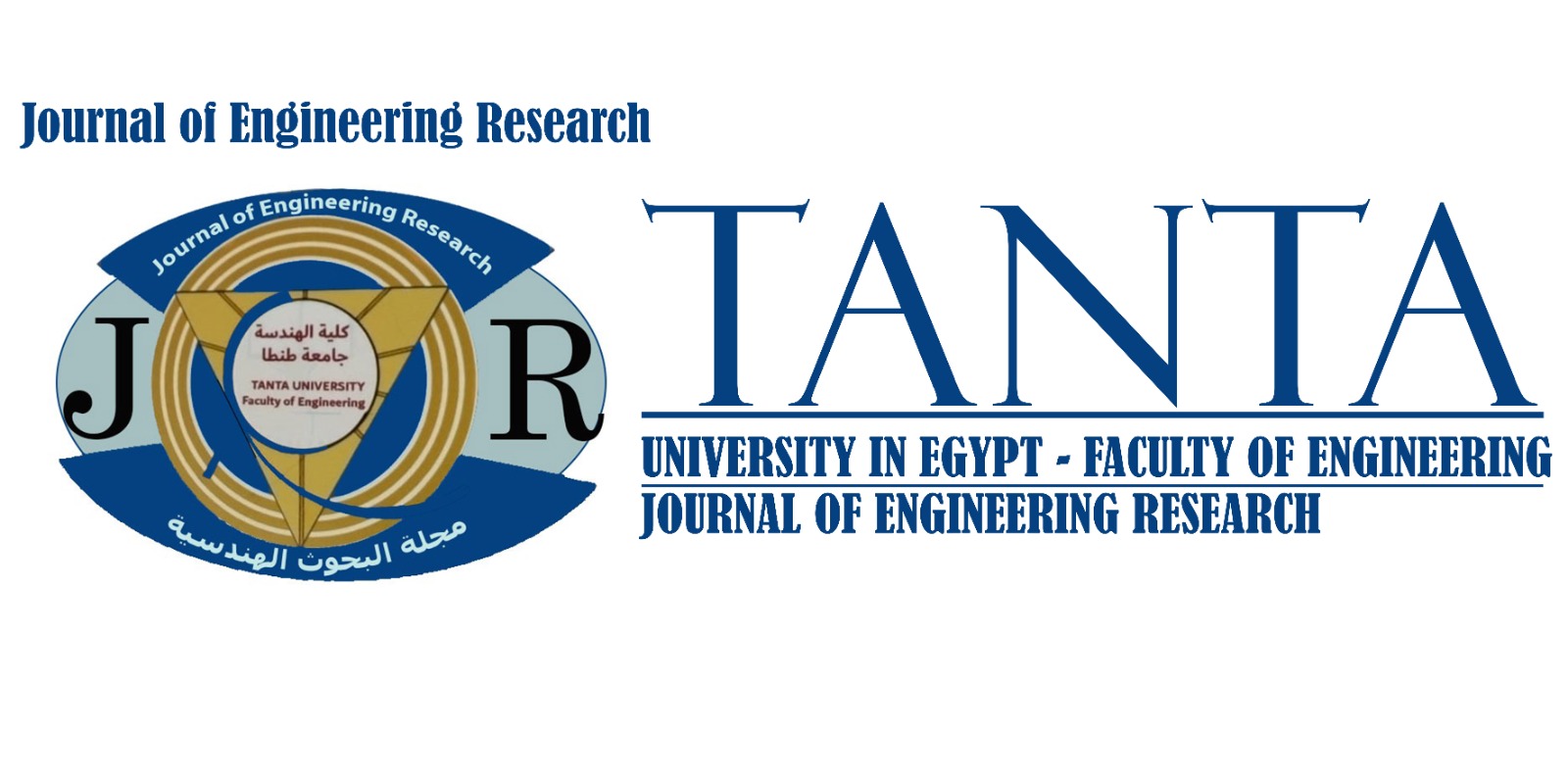Journal of Engineering Research

Abstract
Recently, premixed combustion has dominated the field of combustion research worldwide. The current work is a review that addresses the effects of design and operating regimes on the combustion and emission characteristics of premixed turbulent flames. The study accounts for recent developments aimed at overcoming combustor operability issues that influence emissions and flame stability. Various experimental setups have been utilized in investigations, with results pertaining to performance and emissions concerning premixed turbulent flames. Thus, the objective of this paper is to provide a comprehensive review of the effects of swirl vane angles and equivalence fuel-air ratios for tests conducted both with and without secondary air, aiming to improve combustion performance and reduce emissions. This review extensively analyzes published studies to provide and discuss different strategies for controlling premixed turbulent combustion techniques within a wide range of swirl vane angles and equivalence air-fuel ratios.
Recommended Citation
Elkelawy, Medhat Prof. Dr. Eng.; El Shenawy, E. A. Prof. Dr.; Bastawissi, Hagar Alm-Eldin; Mousa, Ibrahim Ali Eng.; and Ibrahim, Mohamed M. Abdel-Raouf Dr. Eng.
(2024)
"Analyzing the Influence of Design and Operating Conditions on Combustion and Emissions in Premixed Turbulent Flames: A Comprehensive Review,"
Journal of Engineering Research: Vol. 8:
Iss.
1, Article 34.
Available at:
https://digitalcommons.aaru.edu.jo/erjeng/vol8/iss1/34
Included in
Applied Mathematics Commons, Biomedical Informatics Commons, Chemistry Commons, Engineering Commons, Mathematics Commons, Physics Commons

